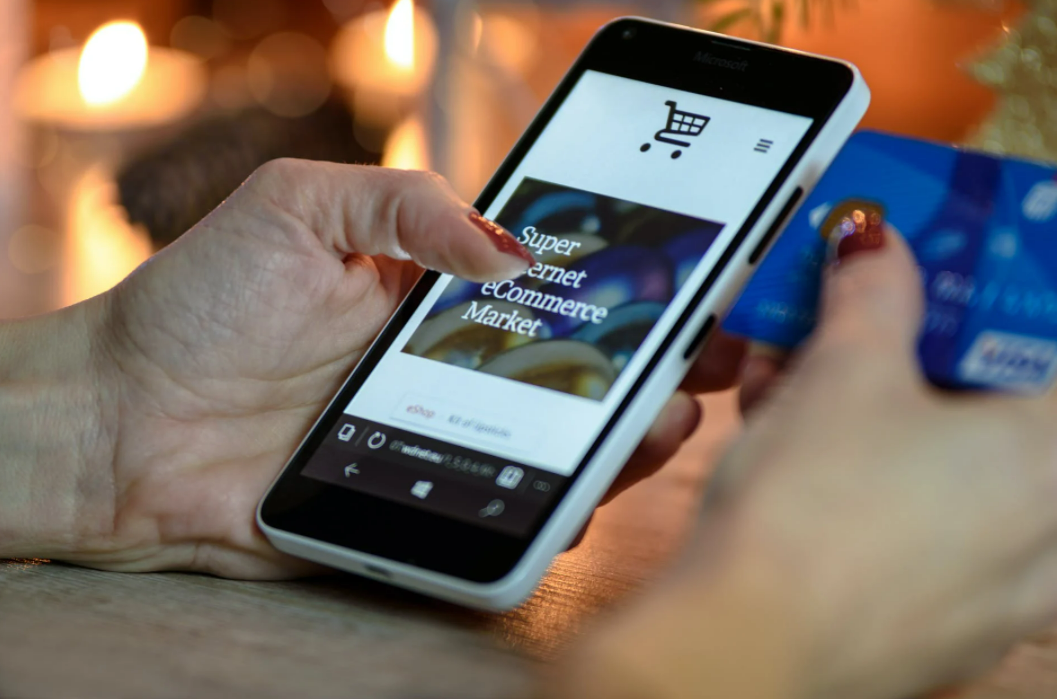Ease of access, connect, engagement, and effectiveness of personalization makes mobile e-commerce apps a sine qua none for any business aspiring to tap the unlimited potential of the digitally connected world. The number of e-commerce users grew exponentially from over 2.4 billion in 2017 to over 4.1 billion in 2022, according to Codete, and expected to be cross the 4.8 billion mark by 2025. Mobile devices, equipped with high-speed internet, have transformed the way people shop and an increasing number of entrepreneurs are experimenting with the idea of making e-commerce simpler and more rewarding. Some marketing ideas might grab people’s attention and make the app success, but experts believe a successful e-commerce mobile app must have some features matching customers’ basic buying needs, style, and aspirations.
Features Necessary for e-Commerce App
The time people spend with mobile devices is increasing every year, that to technological and design sophistication. Mobile commerce is already more than half of the total e-commerce revenue. There is still a vast percentage of people who don’t find m-commerce convenient and safe, so there is a huge scope for improvement both in terms of user experience and offerings. The era of generalization making way for the era of personalization, so modern mobile e-commerce should have these features to make users feel important and special:
Simple On-boarding
Unlike traditional e-commerce websites, mobile e-commerce app has made the registration process pretty easy for the user, as relevant primary information could be auto-fetched and filled. It is fact that personalization requires quality information in abundance, but the app should focus on smart onboarding with a focus on speed to keep users’ interest alive. In any case, users must not feel compelled to share information that isn’t required for a smooth shopping experience. It is better to build a system based on progressive information-sharing with an assurance of value-added services, like an assurance of delivery in 24 hours on completion of profile.
Smooth Checkout with Payment Diversity
Most e-commerce tractions fail at the payment stage and one of the most common reasons are lack of suitable payment options. Since payment involves an element of financial risk, people usually avoid paying if they find anything not matching their previous experience or that is not popular. Give all possible payment options, including cash on delivery, payment in installments with easy processing, and e-wallets. Making the checkout process simple is the key, so keep only the most important fields, like address, necessary, and don’t forget to show all possible previous addresses to auto-select for delivery.
Balanced Push Notifications
It is an era of information overabundance, so people look for triggers to act in time. One of the most important features a mobile e-commerce app should have is the push notification to grab the eyes of users as and when required. Well, experts believe, that push notifications are of great help in moving sales and engagement up, but overdoing it could dilute the value. So, build a smart notification delivery schedule, keeping time and day in mind.
Digital Socialization
People love to share their shopping experiences, so users should get the simplest possible path to let their network know about his/her shopping. Users get gratification, and the application gets endorsement from the best influencer, i.e. a satisfied customer. Top of all, some rewards like coupons and referral plans could make a huge impact, both in terms of traffic and revenue.
User Experience
People behave differently in virtual space, so the focus should always remain on creating a free-flowing user experience, not just for acquiring new customers but to maintain the highest retention rate. Uniqueness matters, but going too much beyond the obvious is not recommended, at least not at the cost of losing highly volatile consumers.
Biz Analytics
Great products and equally great offers are necessary for the success of a mobile app. But vendors need quality insights to list and promote products that drive maximum sales. So, your mobile e-commerce app must have an integrated analytics tool to help vendors visualize where they are going and what needs to be done in time for maximum gain.
Customer Input
Word of mouth is the strongest branding and sales driving force, and people love to read what others are saying about the product. Mobile e-commerce app with simple feedback gathering and display is bound to be popular among users. Grievances are of great help in making the platform user-friendly.
There is no substitute for easy navigation, so focus on listing products in specific categories so that users could get things where they expect them to get. Smart classification of products aided with push notification could be of great help in offering personalized products and offers, thus eliminating the need for a time-consuming navigation process. Allowing users to add products to their wish list and letting them discover the best price could be icing on the cake.




